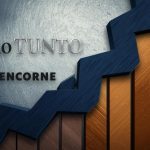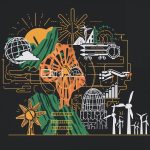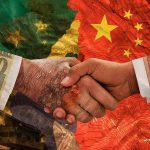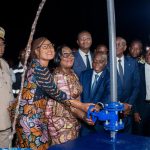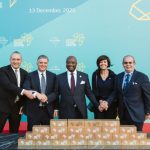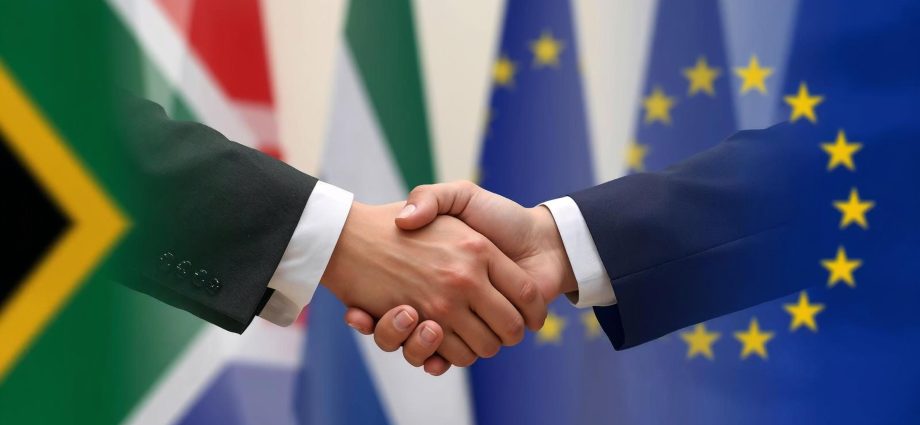South Africa and the European Union reaffirmed their commitment to defending multilateralism on Thursday as they signed a new partnership on critical minerals ahead of the G20 summit.
South Africa is hosting this year’s G20 gathering, despite a boycott by its most influential member. President Cyril Ramaphosa noted, however, that the United States is now considering participation in some capacity.
Analysts say any U.S. absence or obstruction could create an opening for South Africa to deepen its relationships with the EU and China, its two largest trading partners.
Although expectations for a substantive final declaration are low, the first-ever G20 summit held in Africa serves as a significant platform for a continent with rapidly growing economies and abundant mineral resources.
“We are signing an unprecedented agreement,” Ramaphosa said at a joint press conference with European Commission President Ursula von der Leyen and European Council President António Costa, following the signing of the memorandum of understanding by Mines Minister Gwede Mantashe.
“We will no longer rely solely on the extraction of minerals. We want them processed at the point of extraction, enabling South Africa to move up the value chain,” Ramaphosa added.
EU leaders are racing to secure critical metals essential for the global shift to renewable energy, advancements in digital technology, and defence capabilities—especially amid the risk of supply constraints from China, the world’s dominant supplier of rare earth elements.
The EU’s strategy includes stockpiling rare earths, establishing a €9 million joint purchasing mechanism, and strengthening partnerships with key mineral-rich nations.
“We need these inputs to power the clean-energy transition both here and in Europe. The future of our economies depends on fair and reliable supply chains,” von der Leyen said.
She noted that Russia’s invasion of Ukraine and the resulting energy crisis has underscored Europe’s need to diversify its sources of critical minerals and energy.
South African officials hope the summit will help reinforce multilateral cooperation at a time when some world powers, including the United States under former President Donald Trump, have shifted away from this diplomatic model.
“We agreed to stand together in defence of democracy, multilateralism, human rights, and the rule of law,” Ramaphosa said—sentiments shared by European leaders.
